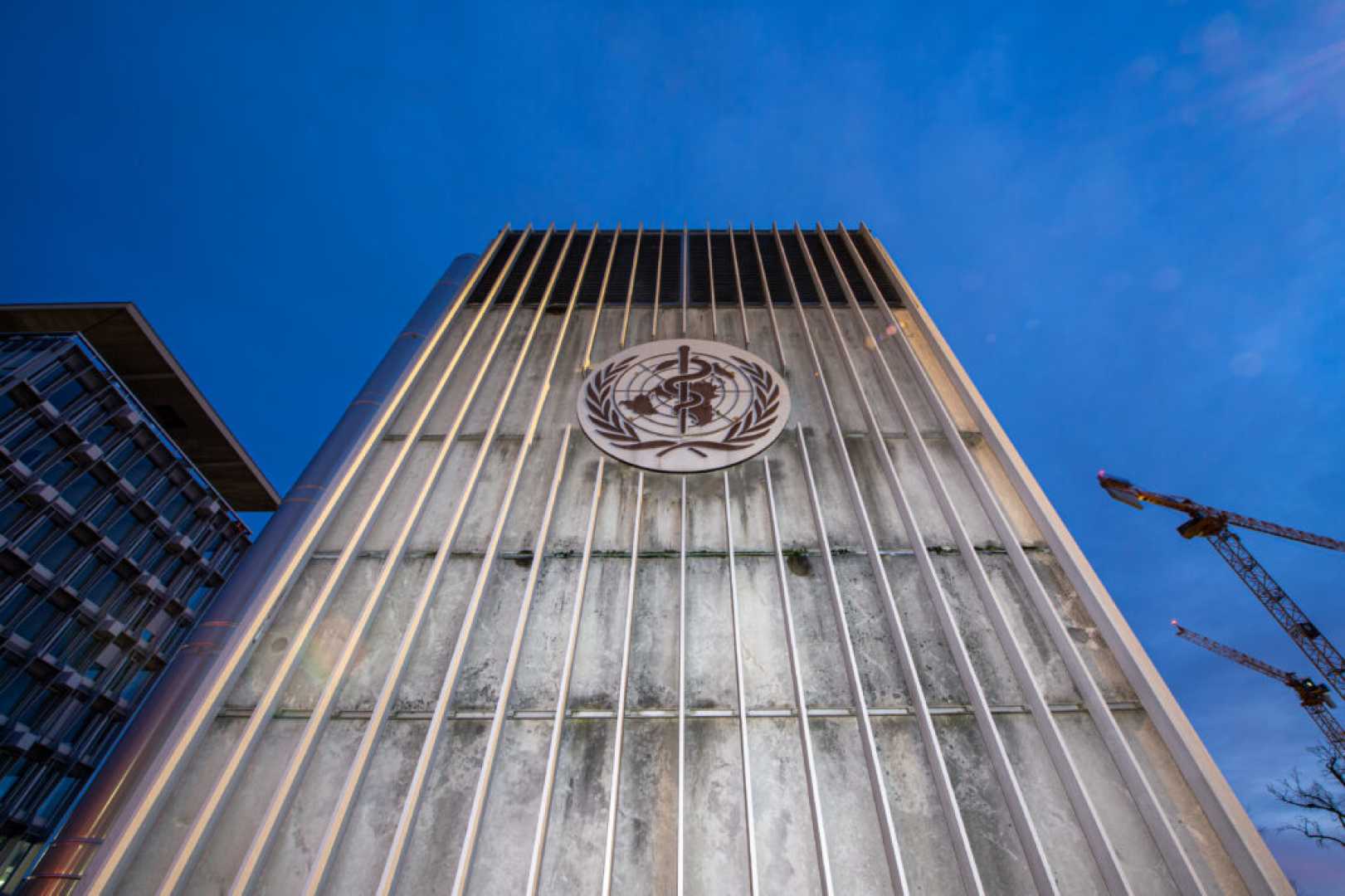Health
Europe Takes Global Health Lead Amid US Funding Cuts and Controversies

CAMBRIDGE, Mass. — Europe is stepping up as a global health leader amid funding cuts and policy changes from the United States. A recent study highlights how the US retreat from international health funding, particularly under the Trump administration, is reshaping global health dynamics.
Funding cuts to essential US-backed programs, including reproductive health and HIV/AIDS, are creating significant strains on health systems in low- and middle-income countries. As the United States pulls back, countries like the United Kingdom and the Netherlands are increasing their global health commitments, leaving Europe to fill the leadership void.
However, the European Union also faces challenges. Economic pressures, trade disruptions, and weakened coordination during global health emergencies are complicating its efforts. Despite these hurdles, experts believe Europe can leverage its economic power and commitment to multilateralism for a greater role in global health governance.
But maintaining this momentum will require unified action and adequate funding, especially during a time of US unpredictability in international partnerships.
In the United States, the ongoing rise of childhood and adolescent obesity has raised concerns, particularly among Black and Hispanic youth. A study using national survey data shows that overall obesity rates increased from 20.3% in 2011 to 22% in 2023, with Black youth rates surging from 22.4% to 35.8% during the COVID-19 pandemic.
The rise in obesity is attributed to pandemic-related factors such as school closures and limited access to nutritious food and recreational spaces. Researchers are calling for urgent community-level interventions to mitigate this trend.
In another development, six major medical organizations are suing HHS Secretary Robert F. Kennedy Jr. over his decision to remove COVID-19 vaccine recommendations for children and pregnant individuals. Filed in Massachusetts, the lawsuit claims Kennedy undermined established federal immunization policy and is spreading misinformation that endangers public health.
The lawsuit seeks to reverse his policy changes and restore reliance on scientific guidance for vaccine recommendations to protect maternal and child health.
Additionally, disparities in outpatient COVID-19 treatment persist among Black and Latino patients, according to new findings from Mass General Brigham. Encounter-level factors such as access to virtual visits and diagnostic testing have contributed to these gaps. Researchers advocate for improved access to care to achieve equity in treatment.
Lastly, ongoing challenges in treating advanced lung cancer highlight the need for new therapeutic strategies. Analysis of patients treated between 2018 and 2023 reveals significant variability in treatment outcomes, emphasizing the pursuit of innovative approaches to enhance patient care.












